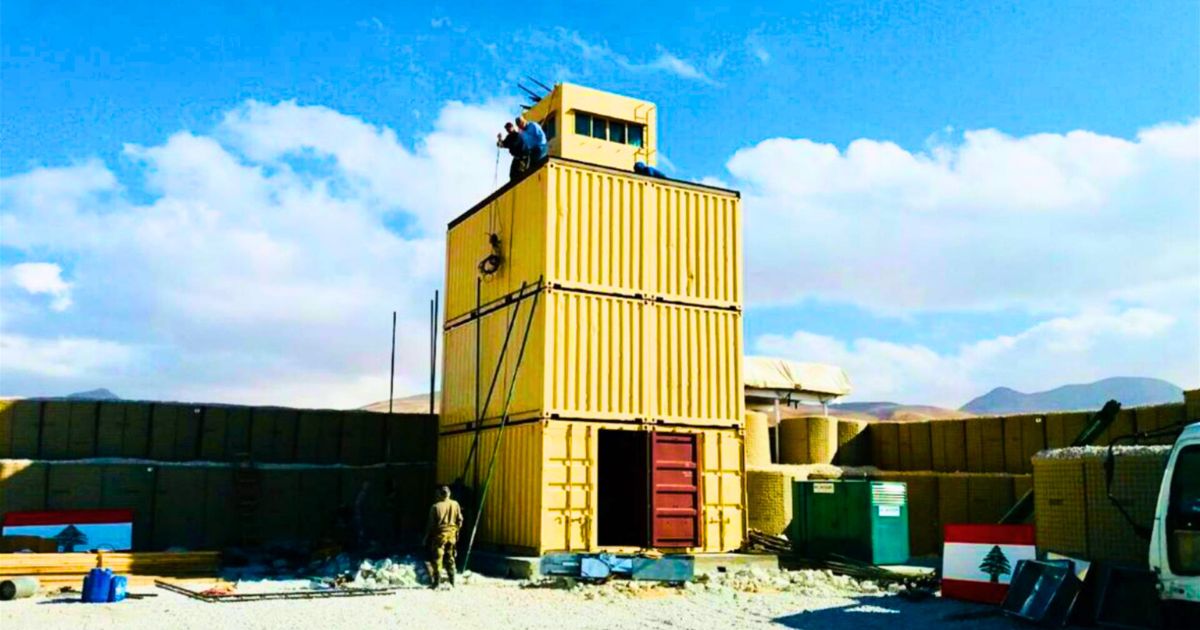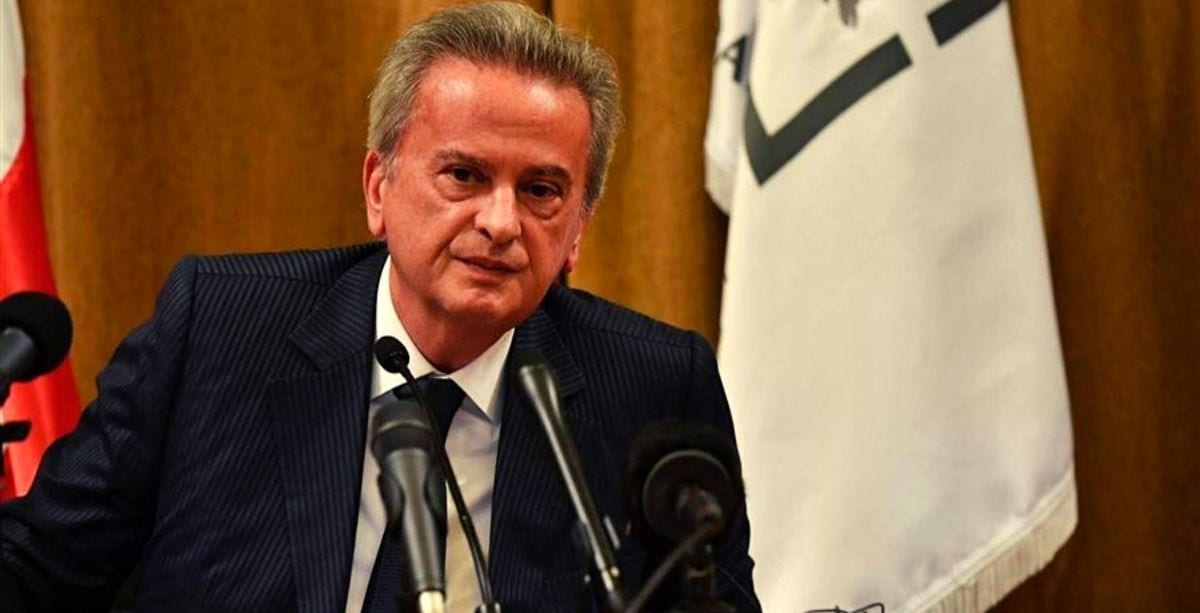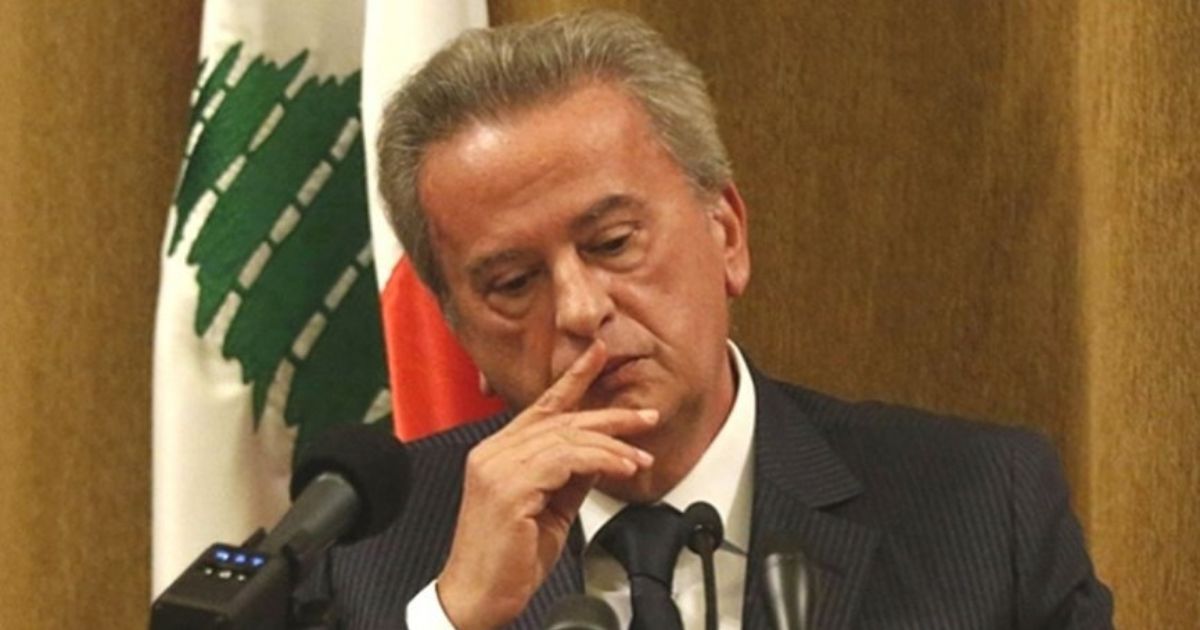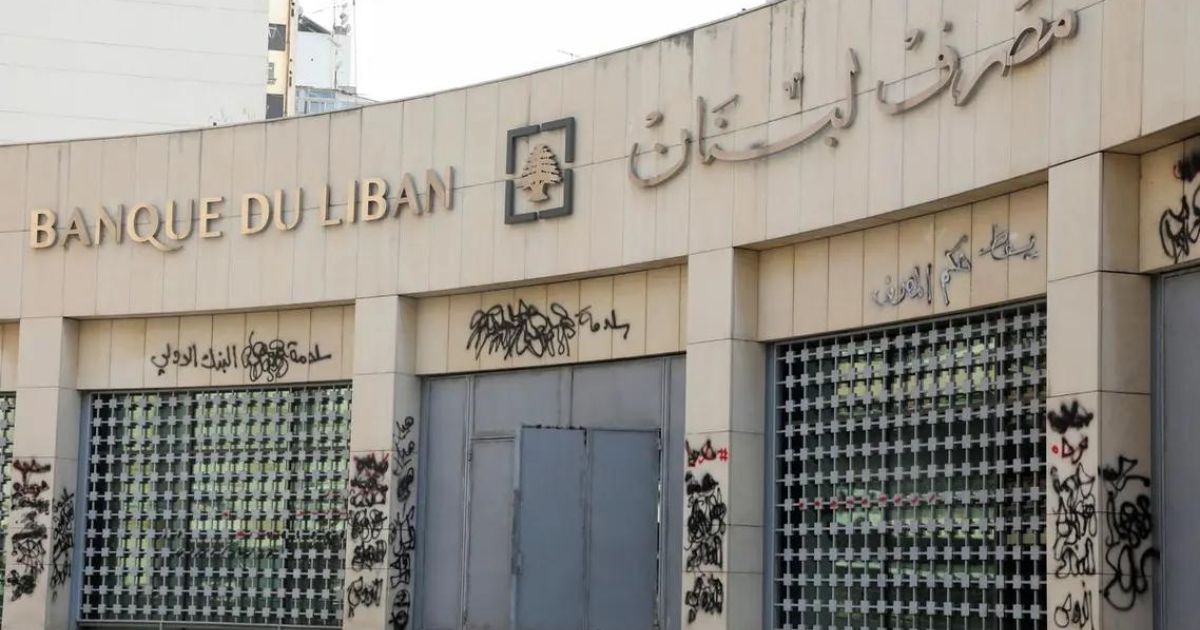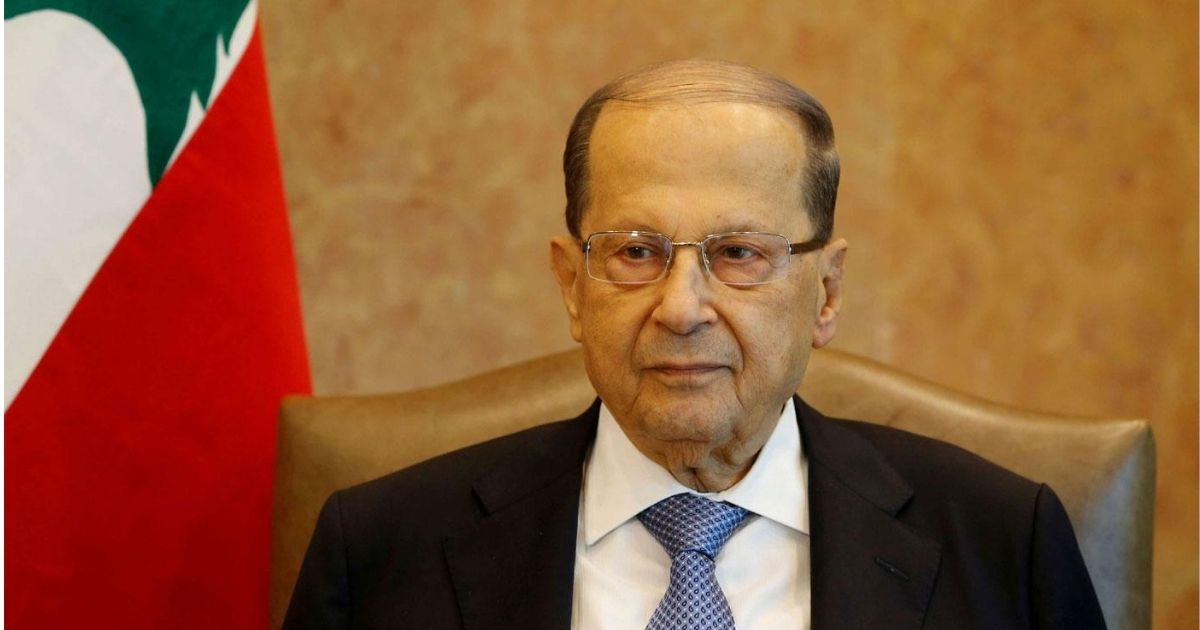The capital control measures that the banks have implemented in reaction to the revolution are not only oppressing the population and crippling the businesses in Lebanon but they are totally illegal because they violate monetary and credit laws.
Yet, neither the state nor the judicial has intervened as of yet to put an end to this abuse.
Article 670 of the Lebanese Penal Code states: “A suspect – be it a business or an individual – who withholds, disperses, embezzles, or misappropriates a victim’s deposit faces imprisonment of between two months to two years and a minimum fine of 50,000 Lebanese pounds.”
However, the governor of the Central Bank, Riad Salameh, believes that these capital control measures are necessary to keep the crisis from growing any larger.
Accordingly, he is now seeking legislation to legalize the measures that the banks are taking to help them avoid being prosecuted.
According to Asharq al-Aawsat, he intends to take some “important” measures in agreement with local banks, under political cover, within the power granted to him by Article 174 of the Monetary and Credit Law.
Ten days ago, Salameh had issued a circular to the Prime Minister and the Minister of Finance, Hassan Diab and Ghazi Wazni respectively. This circular would regulate the relationship between the clients and the banks.
Notably, he claims that this circular wouldn’t have any exceptional measures and that it will be business as usual.
However, it is with this circular that he intends to retroactively protect the banks from being prosecuted on the illegal measures of capital control that have been taking place.
This comes controversial to Prime Minister Diab requesting a plan from the banks to restore public confidence just a few days ago.
Despite his many attempts to quell the public’s fears over the fate of the currency, the public is still outraged at what is a blatant violation over their own hard-earned money.
Ever since October 2019, the Lebanese currency has progressively begun to devalue until the central bank BDL had an emergency meeting with the Exchange Houses to stabilize it to 2000LL on January 21.
Shortly after taking the position of finance minister, Ghazi Wazni claimed that the currency will never go back to the way it was. However, even with this, Salameh insists on keeping the official rate at 1507.5 L.L.

